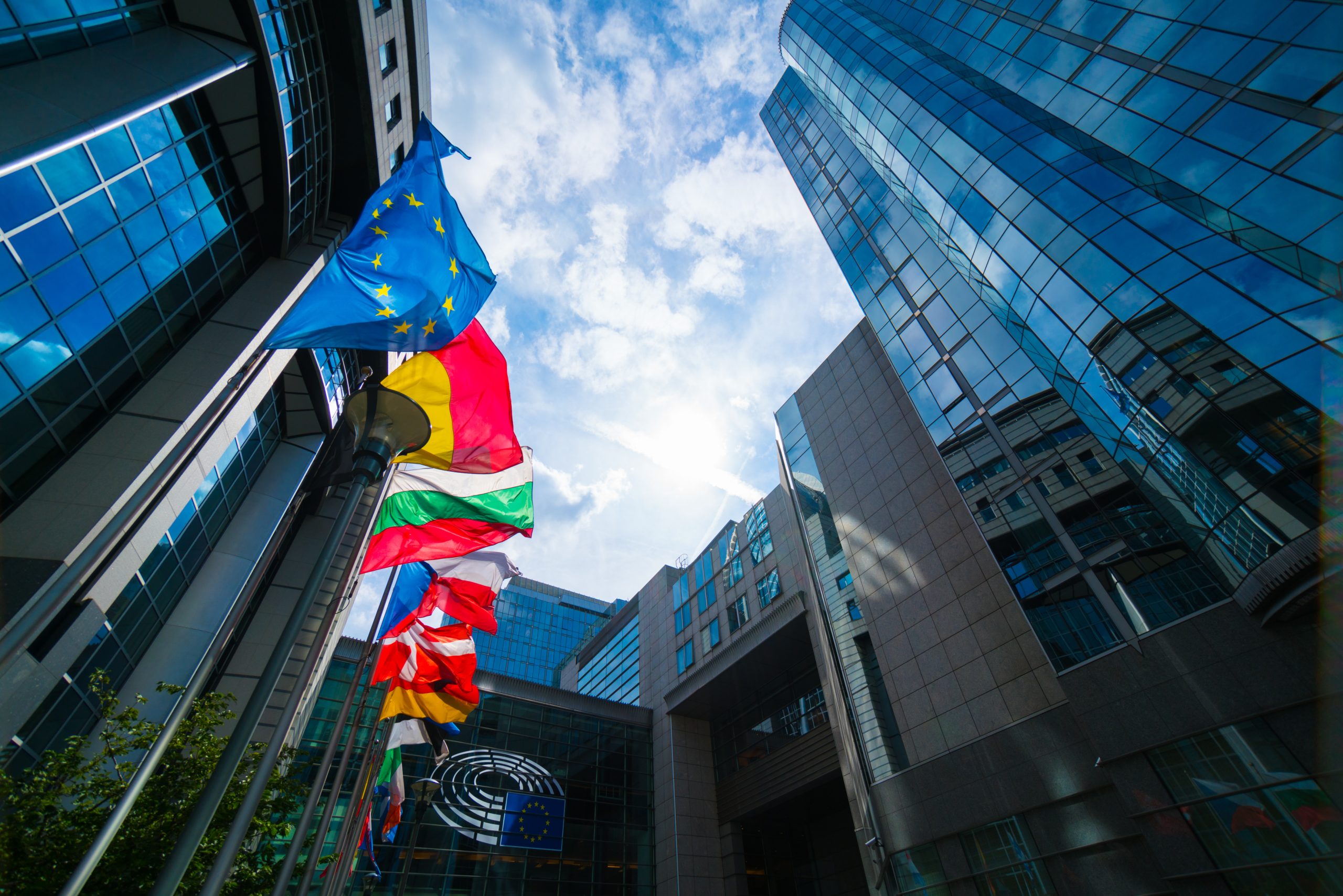Europeans should take seriously the thinking of figures such as John Mearsheimer. If they are unable to answer his critiques, they might thereby prove his point
Just two years ago, the European Union appeared to have finally found its place in the world. The bloc was swift to stand in solidarity with Ukraine following Russia’s full-scale invasion. The EU set about supporting its beleaguered neighbour through humanitarian, economic, and even military aid.
But optimism is now waning about the future of the EU as a geopolitical player. To understand why, it is instructive to listen to voices that remained sceptical of Europe’s moral moment. Figures such as John Mearsheimer belong to the offensive realist school, which believes great powers are inherently driven by an insatiable need for security. Its precepts emphasise the critical role of military capabilities, population size, and economic strength in ensuring a state’s survival and dominance in an anarchic international system.
Perspectives such as Mearsheimer’s are not those of a lone wolf, but sit within an increasingly influential panoply of American viewpoints – played out right now with raw political brutality in the US Congress. But the offensive realist analysis also contains important ideas whose validation only becomes ever likelier the longer Europeans take to counter it.
Mearsheimer suggests the coming decades are set to be dominated by great power politics – specifically by the United States, China, and Russia. The importance of Russia’s inclusion in such an analysis lies in the stark omission of Europe. When Europe does appear in this thinking, it as a largely irrelevant regional formation.
But if what matters are things such as economic and military strength, and even how healthy your population is – is this analysis right? Let us compare the EU with Russia on these measures. Economically, with its combined GDP of approximately $17.18 trillion, the EU far outstrips Russia’s $1.78 trillion. The bloc also races ahead of Russia in the high-tech components of its economy, which is pivotal for future development. This contrast becomes even more apparent when one considers the Russian economy’s dependence on raw material exports and failure over many decades to diversify.
On military spending, and contrary to the common assumptions, the EU also surpasses Russia. In fact, EU states collectively maintain a substantial military budget of approximately $186 billion, which significantly exceeds Russia’s $65.1 billion. Active military personnel within the EU number around 1.5 million, compared to Russia’s 1 million.
The list goes on: the EU has 447 million inhabitants – far ahead of Russia’s 143 million. And indeed, the average life expectancy for Russian men is just 65.5 years; for men in the EU, it is 78.5 years. This difference exposes the underlying health and societal problems that have long plagued Russia. If what matters in a world of raw competition is the ability to mobilise a population for national objectives, such demographic factors are critical.
The underestimation of Europe in Mearsheimer’s framework therefore cannot derive from economics or demographics alone. Instead, it comes from the EU’s fragmented approach to external affairs and its lack of a centralised military force, which diminishes its ability to act as a cohesive geopolitical entity. In contrast, the US, China, and Russia demonstrate more centralised and thus more effective approaches to global politics, where hard power – military strength and the willingness to use it – remains a crucial determinant of influence.
The EU possesses immense potential, provided it can capitalise on its opportunities and leverage its strengths. Harnessed effectively, a stronger and more capable EU could significantly alter the geopolitical landscape and redefine its role in the international arena. More baldly, the bloc must further evolve or sink into geopolitical irrelevance and economic impoverishment.
The Mearsheimer perspective thus offers three critical insights for the EU. Firstly, the bloc must reform the way it makes decisions, which currently shackles its power. The EU’s consensus-driven approach may be democratic, but it frequently leads to sluggish and watered-down responses to global crises (and thus undercuts pro-European democrats’ arguments in favour of European unity). Sorting this out is not just about speeding up decision-making; it involves placing requisite money and resources behind these decisions. This also matters for minimising internal disruption – member states that leverage their position for disproportionate influence or that pursue national interests at the expense of others. Such internal divisions, let alone lobbying for Russian interests within the EU, severely undermines the bloc’s external influence and cohesion.
Secondly, European policymakers should acknowledge the return of warfare as a major dynamic in international relations – as Mearsheimer has observed. The bloc cannot perpetually rely on the support of the US and NATO, not least given the volatility in American foreign policy. Even if Donald Trump does not return to power next year, US priorities have anyway been shifting away from Europe for some time. On its own continent, there is still time for the EU to enhance its military capabilities to the levels necessary as Russia regroups in Ukraine. Such a task goes beyond mere armaments; it is about establishing a credible force for deterrence and self-reliance in security. Building such capabilities will not only enhance the EU’s defensive stance but also affirm its commitment to maintaining peace and stability in the region.
Finally, the EU’s dependence on American military solutions also requires re-evaluation in light of Mearsheimer’s analysis of a shifting world order. The move from a unipolar to a multipolar world implies that the EU’s interests may not always align with those of the US. It is therefore imperative to invest in the European defence industry, focusing on indigenous development of military technologies and capabilities. This is not merely about manufacturing military hardware, but involves undertaking a comprehensive approach encompassing cyber capabilities, intelligence networks, and modern warfare strategies. Even if future US administrations adopt a more collaborative approach, the EU must be prepared to stand independently, particularly in scenarios where American and European interests diverge.
In such a world, it is not just desirable but essential for the EU to embark on a transformation into an assertive and empowered geopolitical entity. This will entail not just a shift in military and defence policies but also a reimagining of the EU’s role in global politics. It is the only way the EU can secure its position in a system defined by great power rivalry. The success of this endeavour will be pivotal not only for the EU’s future but also for the shape of the international order in the 21st century.


